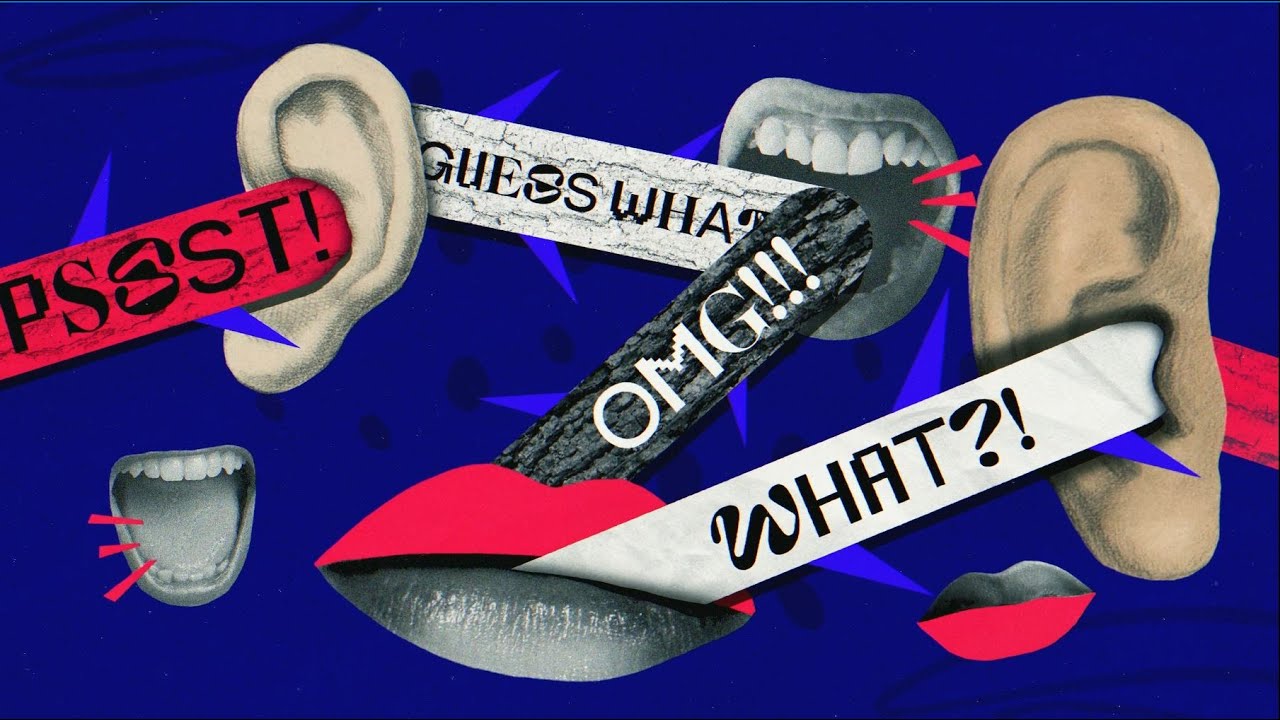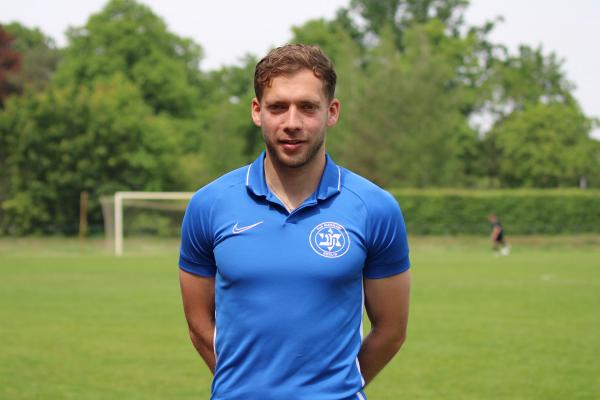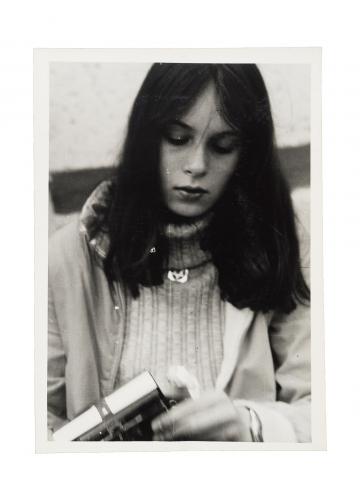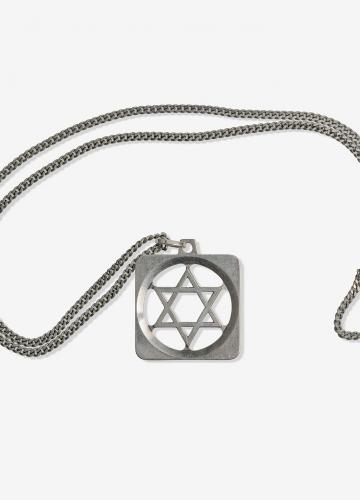Antisemitism – short
For Jewish people, antisemitism often manifests as day-to-day experiences of hostility, exclusion, and violence. Students explore antisemitism by thinking about scenes from everyday life, which reveal the ways Jews make decisions about whether or not to take specific actions – moments that are usually invisible to non-Jewish people. They will learn about Jewish symbols and objects. They are also encouraged to compare these Jewish experiences with their own lives.
Sections45 minGrades 9–10
- “Jews...”
- Dangerous Gossip
- In Front of the Mirror
- In the Locker Room
- What About You?


Learning Objectives
Discover
Learn about and understand antisemitism from Jewish perspectives.
Understand
Reflect on antisemitism on a personal level and understand a person’s position.
Reflect
Think about experiences of antisemitism, personal experiences with discrimination or discriminatory situations, and reconsider your own options for decision-making.
Apply
Listen to, understand and discuss audios of fictionalized everyday scenes.
Progress
What Is Your Role As a Teacher?
Even though students will be working on individual screens, an important part of learning happens together in the classroom. As the teacher, your role is to facilitate discussions, guide students as they share their results, and supervise them as they watch and listen to media together. Poll results are displayed anonymously, while text responses show students’ names. The “Tips for Teachers” sections offer guidance on teaching strategies. The icon indicates the type of activity students are engaged in.
Discussion
Students discuss and share personal experiences. This may evoke emotional responses.
“Jews...”
What Do You Think?
Do you know Jewish people personally? Take a guess and vote!
Dangerous Gossip
Take a Closer Look!
Why is antisemitism dangerous gossip? Watch the video now to find out!

In Front of the Mirror
Star of David
What comes to mind when you see the necklace this woman is wearing? Take a moment to think about it and look at the photos to learn more about the necklace.
In Front of the Mirror
A Star of David necklace plays a key role in the next scene. A young man is standing in front of the mirror, taking one last look at himself before heading out to meet friends at a new bar. It’s Saturday night. He’s been looking forward to it all week, but now he’s stuck on one decision.
Listen to what the young man is thinking and try to understand why he’s hesitating about his decision.
In front of the mirror in the evening3
What Do You Think?
If you were in this young man’s situation, would you wear the Star of David necklace or not? Vote!
Should I Wear It?
Do you ever change your behavior or appearance to influence how other people perceive you? Find a partner and discuss this with them.
In the Locker Room
Makkabi Berlin
This is Doron Bruck. He is a soccer player and captain of Makkabi Berlin’s soccer team. In 2023, Makkabi became the first Jewish club to participate in Germany’s DFB-Pokal tournament, competing against the Bundesliga team VfL Wolfsburg. Although they lost the match, their participation was a huge success for the fifth-division team!

Doron Bruck is the captain of Makkabi Berlin’s soccer team4
After the match, Bruck said:
“Given our history, it means so much to us to be making waves.”
What do you think he means by “our history”?
The History of Jewish Sports Clubs
Makkabi Berlin is a Jewish sports club, but anyone can join, whether or not they are Jewish. There are over 30 Makkabi clubs in Germany, including in Frankfurt and Munich. These clubs offer more than just football – you can participate in many other sports.
Take the quiz to find out more about the history of these clubs.
When do you think the first Jewish sports club in Germany was founded?
Why do you think Jewish sports clubs were founded?
In the Locker Room
A football jersey like the one Doron Bruck wears plays a key role in the following scene. In Makkabi teams, Jewish and non-Jewish athletes play together. During their matches, the players often face insults and sometimes even physical attacks.
Listen to what people are saying in the locker room and try to understand why they are reacting this way.
In the locker room on match day5
On the Team
Imagine you’re on the team. How would you react in this situation? Discuss your thoughts in a group and write down your response with an explanation.
What About You?
Which of the Questions Interests You?
Were you surprised by any of the scenarios you encountered in this unit? Have you ever been in a situation where you questioned your actions or decisions? Choose a question.
- Do the things you’ve seen, read, and heard here fit what you thought you knew about Jewish life in Germany? What fits? What was surprising?
- What would your own scenario look like? Write about a situation in your life where you were weighing up a decision, a piece of clothing, or an action.
- What would need to happen in our society for everyone to be able to act more freely?
Provide this module to students
Simply share the module with your class using the QR code or link provided.



